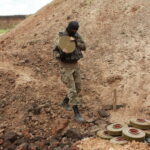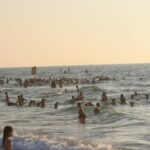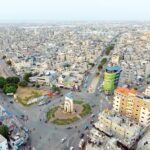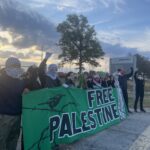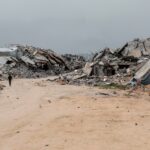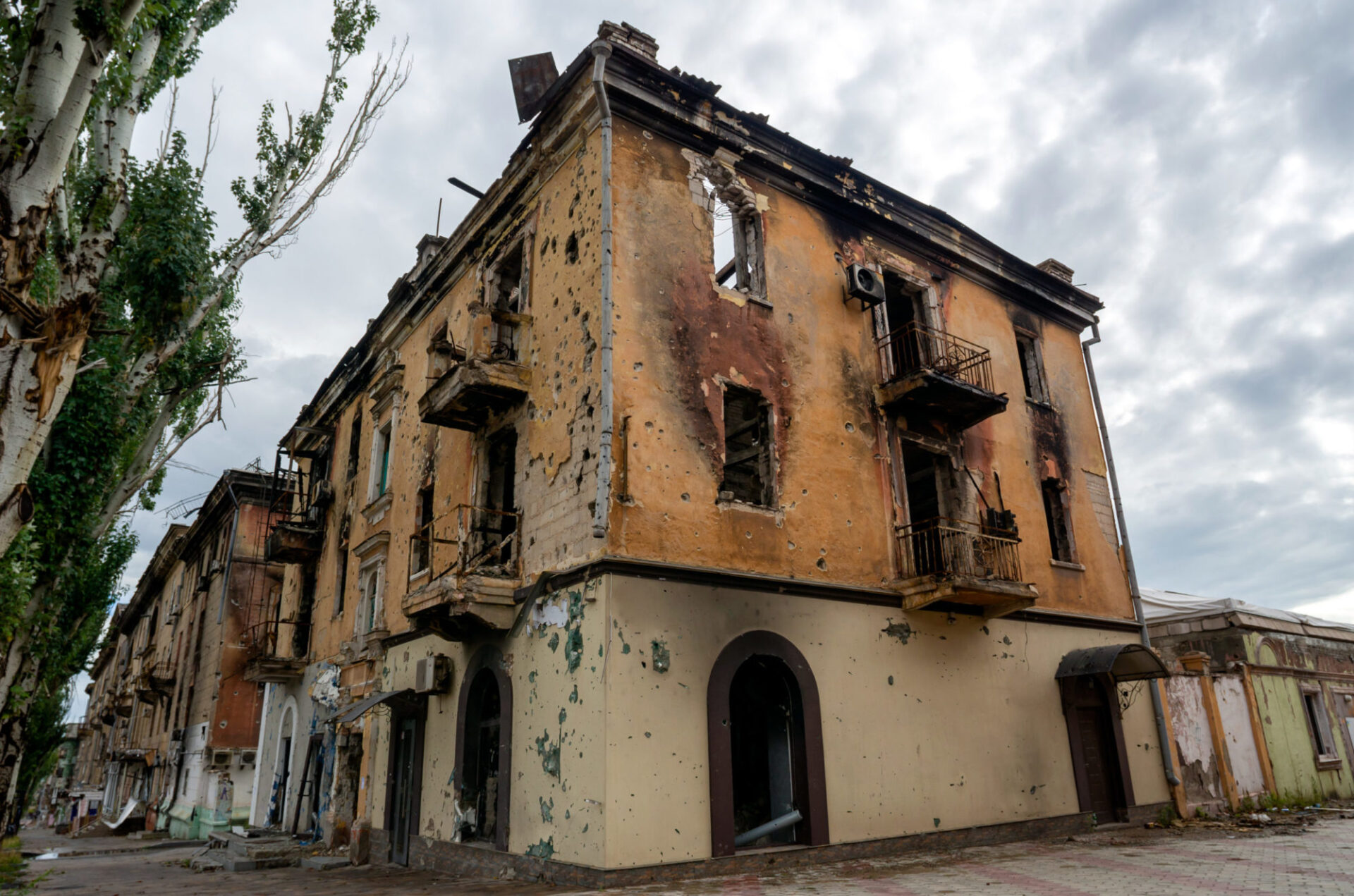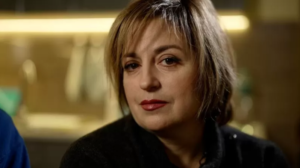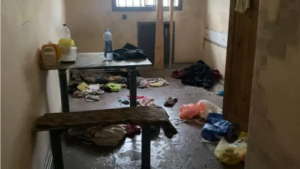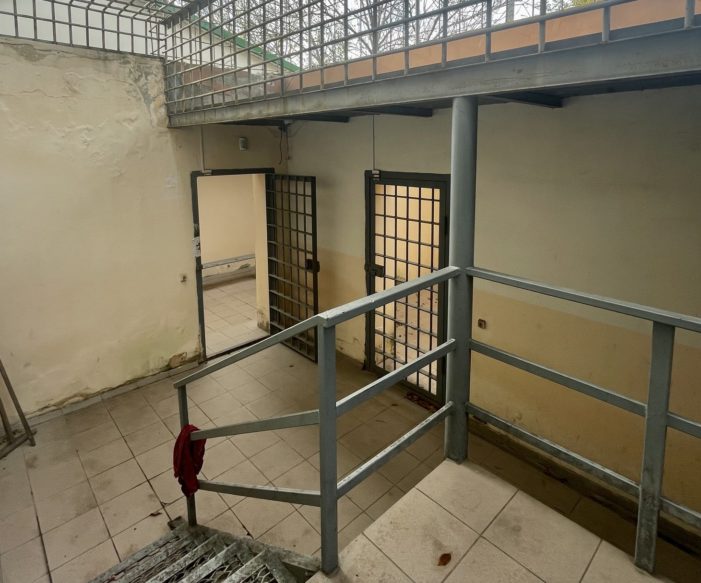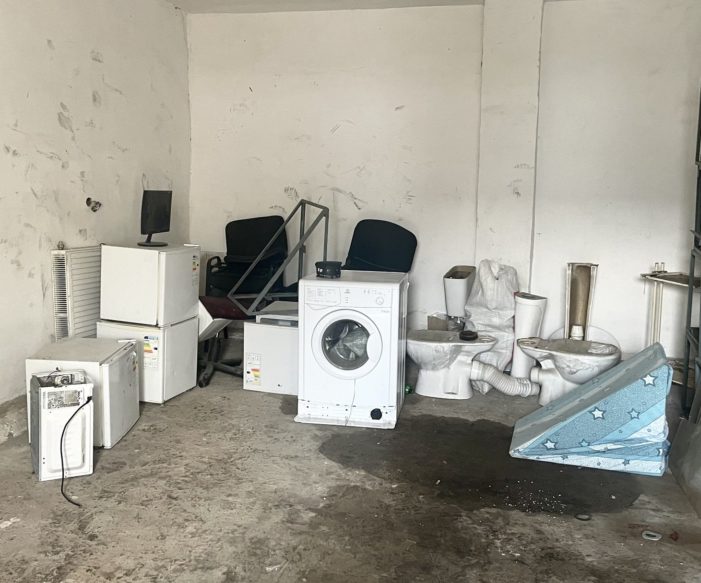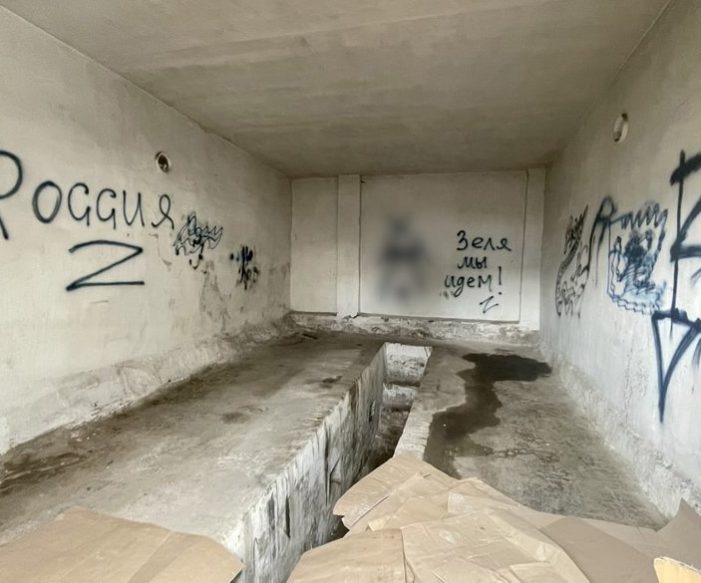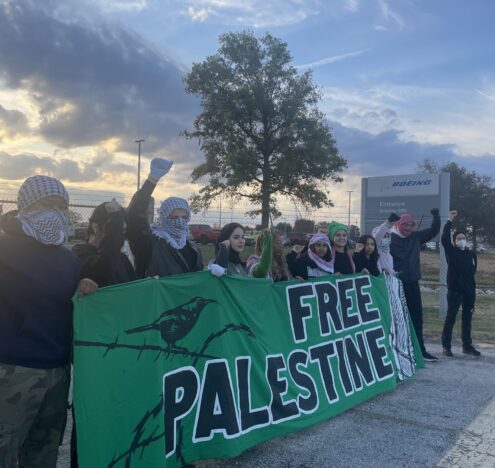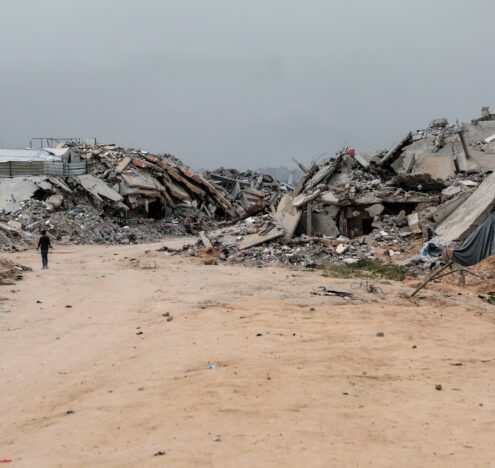It has been three weeks since Kherson’s liberation. Kherson is Ukraine’s only regional capital that Russia managed to occupy since the start of its full-scale invasion. Russia also annexed the city and the region during its illegal referendum this year. On Nov. 11, 2022, the Ukrainian army entered the city as Russians fled.
Before leaving, Russian soldiers destroyed all critical infrastructure. The city that had almost 300,000 residents before the invasion has been without electricity, water, and heating. Ukrainian authorities are working to restore services, but this is difficult as the city — and the rest of Ukraine — are under constant bombardment by Russian missiles.
When Ukrainian forces freed Kherson, they discovered mass graves with with the corpses of more than 400 civilians. There also found nine torture chambers. Locals recount experiences of persecution, threats, violence, and looting at the hands of the Russian forces.
Anzela Slobodyan is a former journalist from Kherson. She was at home when the Russian invasion started, and when Russian soldiers occupied her hometown. During the occupation, she was imprisoned for one month by Russian invaders, and agreed to share her testimony.
“NOT EVERYONE SURVIVED”
“We were five women in one cell for three people,” Anzela recalled, “We called our cell Ward No. 6.” The moniker is a reference to a short story by Anton Chekhov, where he describes a mental institution. For Anzela, her imprisonment reminded her of that. She spent a month in the city’s temporary detention facility, which Russians turned into a large torture chamber.
Anzela was taken to prison from her own house. Russian soldiers appeared on the doorstep of her Kherson apartment, put a bag on her head, and absconded her. Her partner Oleksandr was also detained although she was not informed about his whereabouts.



